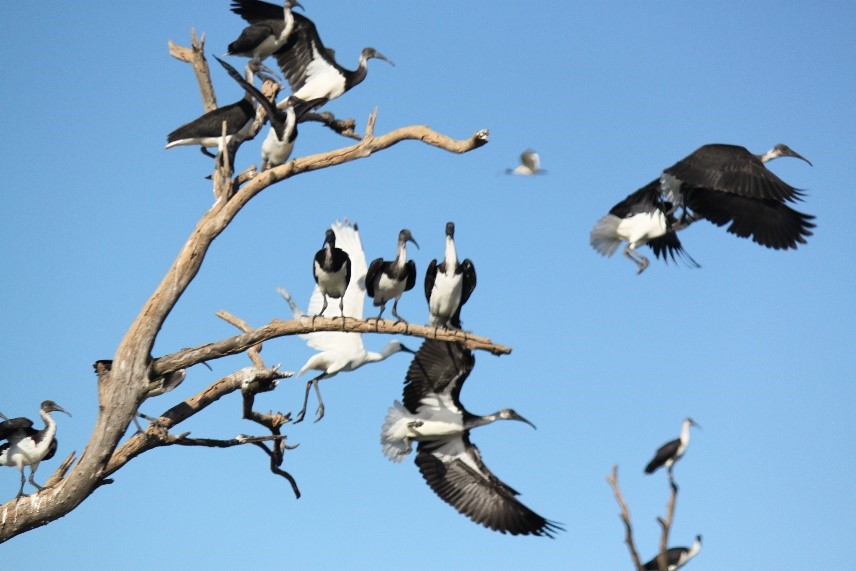
As a top-ranked university worldwide, UNSW Sydney is currently seeking doctoral candidates for the Scientia scholarship program. The details below outline a PhD project currently open for eligible candidates.
Background Information:
The United Nations General Assembly has declared 2021-2030 the UN decade of Ecosystem Restoration. With the aim to ‘massively upscale’ on-ground restoration actions, these actions will combat climate change, enhance food/water security and restore biodiversity.
UNSW Sydney is a recognised world leader in ecosystem restoration science, engineering and social integration. With several large on-ground projects underway, our research aims to provide world leading best practice that integrates the environment, economics and social aspects of ecological restoration.
The Centre for Ecosystem Science, UNSW Sydney is part of a successful consortium including the Nari Nari Tribal Council, The Nature Conservancy and Murray Wetlands Working Group with carriage of land and water management plans at a large site (86,000 ha) in the Lower Murrumbidgee floodplain (in New South Wales, Australia). Our Scientia PhD project aims to integrate the environmental and cultural values in its restoration with environmental flows. The research would focus on how best to restore this magnificent ecosystem, involving the modelling of flow/flooding regimes and tracking future restoration trajectories for the different ecosystems, their plants, animals, including waterbirds, and areas of high cultural importance. The research involves collaborating with Traditional Owners, the Nari Nari Tribal Council and other stakeholders, including environmental flow managers, hydrological engineers and scientists.
![]()
Ideal Candidate:
We are currently undertaking a worldwide search for a high calibre candidate to join the research team. The ideal candidate has interdisciplinary skills spanning environmental, hydrological and cultural values in relation to river restoration. Our candidate should ideally be a good communicator, with highly proficient quantitative modelling skills and be prepared to engage in significant amounts of fieldwork. Given this project will also have considerable impacts on the management of environmental flows, the successful candidate should also be able to work with non-government organisations and government agencies and have a willingness to develop skills in interpreting relevant policy and legislation related to environmental flow management. This project will be supervised by an interdisciplinary team including Professor Richard Kingsford, Associate Professor William Glamore and Dr Margaret Raven. Further information on how to apply can be found here.
Specific questions can be emailed to: Richard Kingsford richard.kingsford@unsw.edu.au; Associate Professor William Glamore w.glamore@wrl.unsw.edu.au or Margaret Raven m.raven@unsw.edu.au
